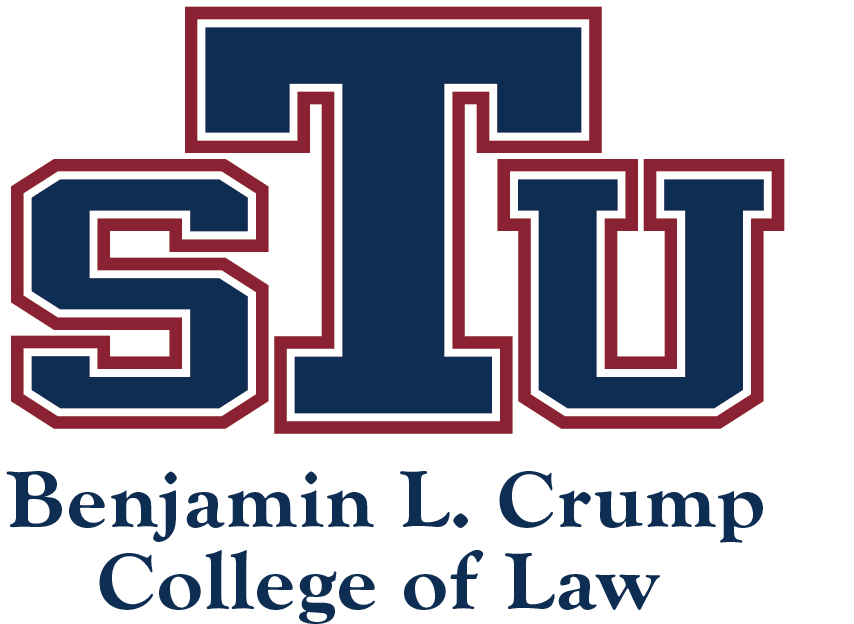The Process to Obtain A Guardian
The process to obtain a guardian for someone in need requires placing a call to the Office of the Public to begin the process of obtaining an assessment. The office staff will gather information and meet with the alleged incapacitated person (AIP) to determine whether the individual meets criteria and appears to be appropriate for guardianship. If guardianship appears to be appropriate for the AIP, then a petition will need to be filed to begin the incapacity proceedings. The court appoints a three-member examining committee who will meet with and review the AIP’s case as well as an attorney to represent the AIP and protect his/her rights. If the AIP is found to be incapable of exercising certain rights, the court will then determine whether the person is totally or partially incapacitated. A guardian is then appointed to manage the affairs of the AIP by exercising delegable rights as deemed appropriate by the court.
What rights are delegable to a guardian?
- To manage property or to make gifts or dispose of property
- To determine residence
- To apply for benefits
- To contract
- To consent to medical or mental health treatment
- To sue and defend lawsuits
- To make decisions about social environment or other social aspects of life
Currently St. Thomas University College of Law operates the Office of the Public Guardian. St. Thomas University guardianship programs ensure that the nation’s most vulnerable population is protected from abuse and exploitation.
Our licensed and masters level professionals are advocates for social justice for all individuals especially those who have been declared incapacitated. They ensure to promote a fair and just relationship between the individuals and society.

